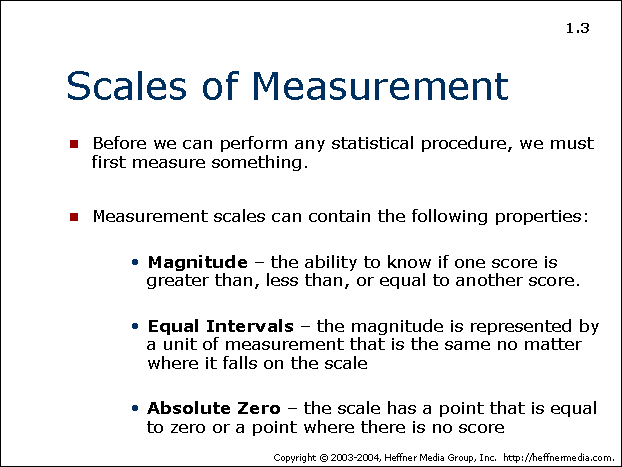General Psychology
How Much Does Having a Growth Mindset Matter?
Telling kids they’re smart could lead them to do worse in school. That’s the eye-catching finding from work done back in 1998 by a pair of psychology researchers from Columbia University. In a series of six studies, the researchers showed that when students performed well, whether they were praised them for their intelligence rather than…
Read MoreDoes OCD Predict Other Disorders?
We often think of different mental health conditions as totally independent from each other. Depression is separate from anxiety is separate from bipolar disorder, and so on: they have different names, different symptoms and different treatments. In reality, though, distinct psychiatric disorders seem to be related to some extent. For one thing, different conditions can…
Read MorePeople Who Read Left to Right Remember Left to Right Too
How we remember things is partly down to the culture we’re from and the language we speak. Some new evidence for that comes from a recent study published in the journal Cognition. In the study, researchers from Qatar, France, Belgium and Spain studied three groups of people: left-to-right-reading speakers of Western languages, right-to-left-reading speakers of…
Read MoreThe Mystery of Trypophobia
When asked “how would you draw fear?” a 12-year-old sketches a repetitive pattern of dots. That might seem like an odd choice, but it makes sense when you consider that the girl has trypophobia, a fear of holes and bumps appearing in repetitive patterns. The girl’s case is described in a new article in Frontiers…
Read MoreWhat Stops Men From Seeking Help?
Probably the most effective thing people can do to improve their mental health is, in fact, to seek help from mental health professionals. But many people who stand to gain a lot from seeking psychological help never do, or they wait much longer than is necessary. Why? Part of the answer seems to involve gender.…
Read MoreAutism and Special Interests
People with autism often have “special interests” – topics or activities that they are highly interested in, even obsessive about. These interests can take many forms, but the common theme is the importance these interests have for people with autism. A recent study published in Autism Research and titled Special Interests and Subjective Wellbeing in…
Read MoreHow Early Can Signs of Schizophrenia Be Spotted?
Most mental health conditions are treated after they appear. Given how incomplete our understanding of the brain is, we can only hope that one day we’ll be able to prevent psychiatric disorders instead of waiting for them to do their damage. But there are some indications that mental health treatment oriented around proactive rather than…
Read MoreInfants Will Judge You for Not Being Fair
“That’s not fair,” said every child ever, at one point or another. We all know that children can have firm convictions about what’s fair and what’s not, but it turns out that infants as young as 13 months seem to value fairness. That’s according to a study of 13- and 17-month infants by psychology researchers…
Read MoreGoing Shopping or Going Into Nature: Which Is Better for Your Mental Health?
What should you do this weekend – go blow some hard-earned money, or go walk around by some trees? One is certainly cheaper than the other. A recent study titled Shopping Versus Nature: An Exploratory Study of Everyday Experiences, published in the journal Frontiers in Psychology, investigated, well, pretty much what the title suggests. Specifically,…
Read MoreAnxiety Coping Skills Predict Later Career Satisfaction
I’ve got some good and bad news for all the anxious people out there. As an anxious person myself, I know that anxious people will naturally want to know the bad news first, so I’ll start with that. Bad news: People with higher levels of anxiety tend to go on to have lower levels of…
Read More

